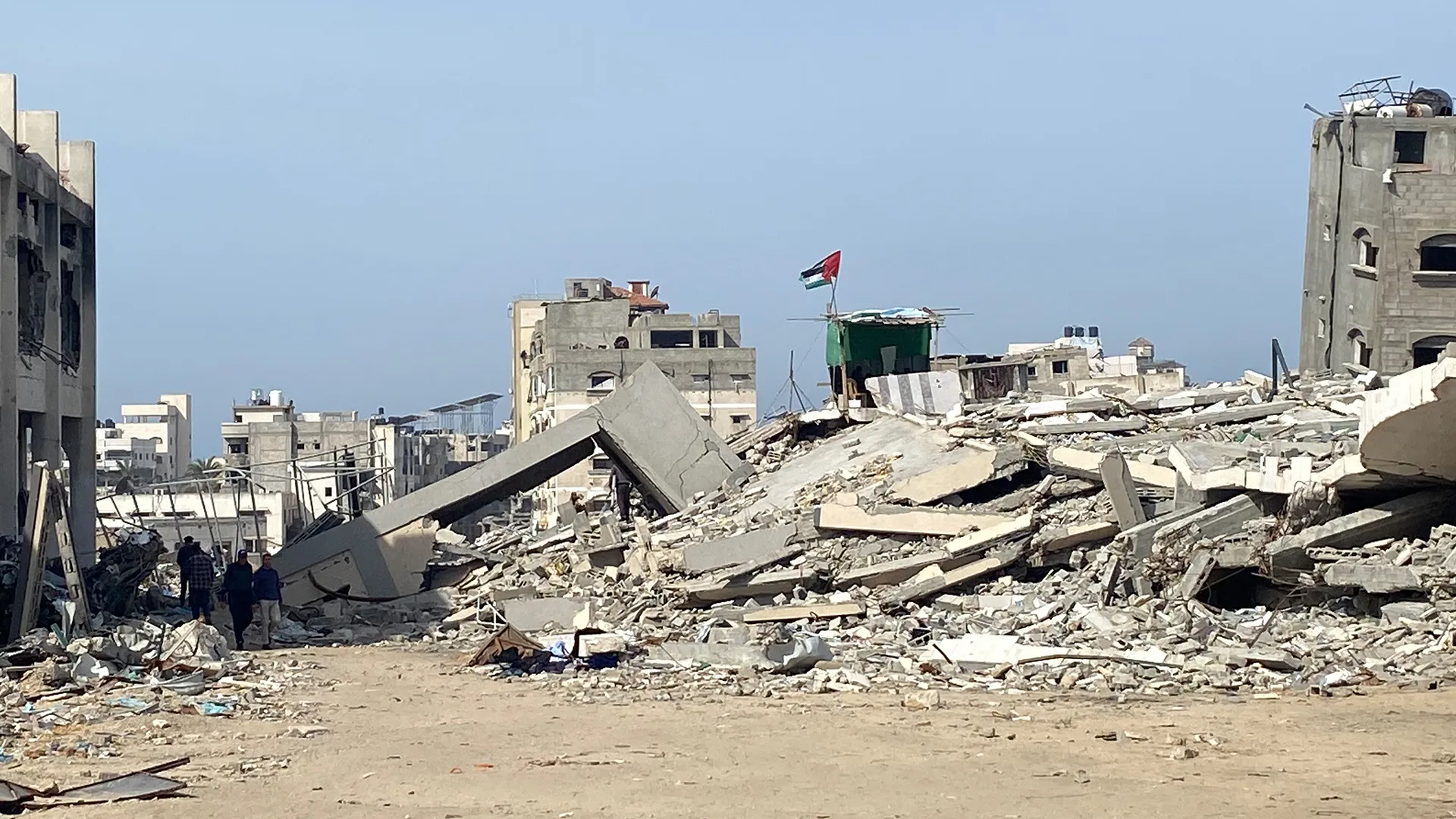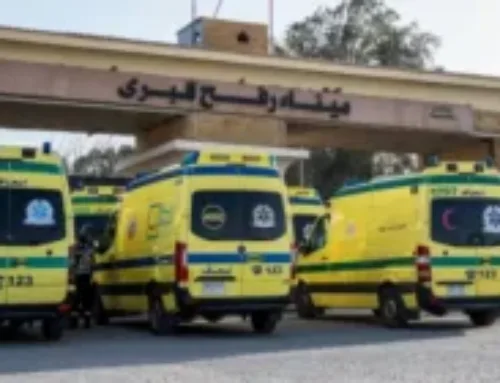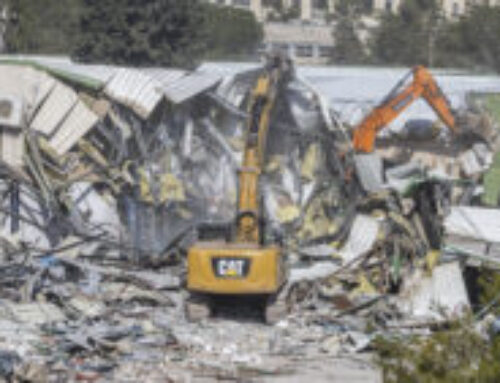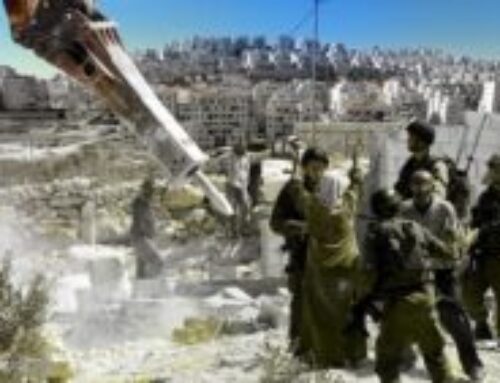Seven hundred days have passed over Gaza under the fire of an unprecedented war of extermination — the longest and deadliest in the history of the Palestinian people. A war that left no home untouched by death, and no cityscape unscarred, turning it all into rubble.
In this besieged strip of land, destruction intersects with hunger, displacement with loss of safety, creating a catastrophic picture of a humanitarian tragedy without precedent. With each passing day, the wounds deepen, the numbers of martyrs, wounded, and missing grow heavier, while the world continues to watch in a silence that burdens consciences.
According to the Ministry of Health in Gaza, the statistics after 700 days of relentless aggression are staggering: 63,746 people martyred, 161,245 wounded, and more than 10,000 still missing under the rubble. In addition, 367 people have died of famine, most of them are elderly and children.
Entire Families Annihilated
The data shows that the assault has resulted in more than 15,000 massacres, targeting over 14,000 families, with 2,500 families completely wiped out.
The losses extend beyond civilians: 1,590 medical workers, 123 civil defense members, 247 journalists were martyred while covering events, and 754 police officers have lost their lives.
Meanwhile, the number of detainees from Gaza in the usurping entity’s jails has reached 11,100 — including 300 serving life sentences, 2,662 labeled “unlawful combatants”, 3,577 administrative detainees, as well as 450 children and 49 women.
Widespread Destruction
Local estimates indicate that 88% of Gaza’s buildings are destroyed or uninhabitable, while the usurping entity controls 77% of the Strip’s territory through buffer zones and military positions. Universities, schools, and mosques were not spared, with hundreds destroyed partially or completely, leaving people without shelter or basic services.
Famine and an Unprecedented Humanitarian Crisis
International organizations have officially declared Gaza in a state of famine. Around half a million people are living in full famine conditions, with over 640,000 more at imminent risk in the coming weeks. People are now searching for scraps of food in the streets or crowding around charity kitchens in hopes of a few mouthfuls to survive.
The Ministry of Health has documented the deaths of hundreds of children due to hunger and malnutrition, while the health system has collapsed with most hospitals out of service. Infectious diseases are spreading amid scarce clean water and the absence of medicine, leaving doctors powerless to save thousands.
International Appeals: Stop the Genocide
The United Nations described the situation as a “living hell,” with Secretary-General António Guterres warning that the use of starvation as a weapon of war constitutes an international crime. The World Health Organization called for an immediate ceasefire and unrestricted humanitarian access. The International Committee of the Red Cross warned that the window to save lives in Gaza is closing, urging an urgent influx of aid.
For its part, Médecins Sans Frontières (MSF) stated that what is happening in Gaza is a “man-made humanitarian catastrophe,” stressing that the continuation of siege and aggression means more death and suffering.
A Moral Test for the World
After 700 days of genocidal war, Gaza stands on the brink of complete collapse. Children are starving, hospitals are paralyzed, homes are destroyed. Yet Gaza’s voice continues to resonate: the call to end the aggression and lift the siege. The question now is whether the world will act to save what remains of life in Gaza, or whether the coming days will only add to the record of an unending tragedy.





